
Quick Magic: The Art of the Short First Line
The first line of the novel is such a tricky thing to take on. Stephen King has really tried to convince us of its artistic form in On Writing, and he makes good points. Of course, if we look at the first line as a reader instead of a writer, it’s interesting to consider that there is also a chance that a first line worked without the reader even noticing– it caught you like a fish hook. Right by the cheek.
You can tell us-Book-Riot-contributors love first lines so. We have close readings of first lines by Jeff O’Neal, like Toni Morrison’s here. We have a list of our faves from a post in February here.
But, personally, I want to argue in favor of short first lines. For me, these are the most memorable, the ones that can promote a tone, a concept, and an emotion immediately, and set the whole book in motion for you. Short first lines show the artistry of the writer’s control. The greatest authors know where to cut back in word count to get closer and closer to the true intention behind the line.
Now, there are those who can really drop a line down to four or five words, and sometimes these work fantastically. I can tell that my favorites are between six and nine words– there’s enough flexibility to give context, but, by all means, still produce a clear emotion.
Check these out so you can see what I mean:
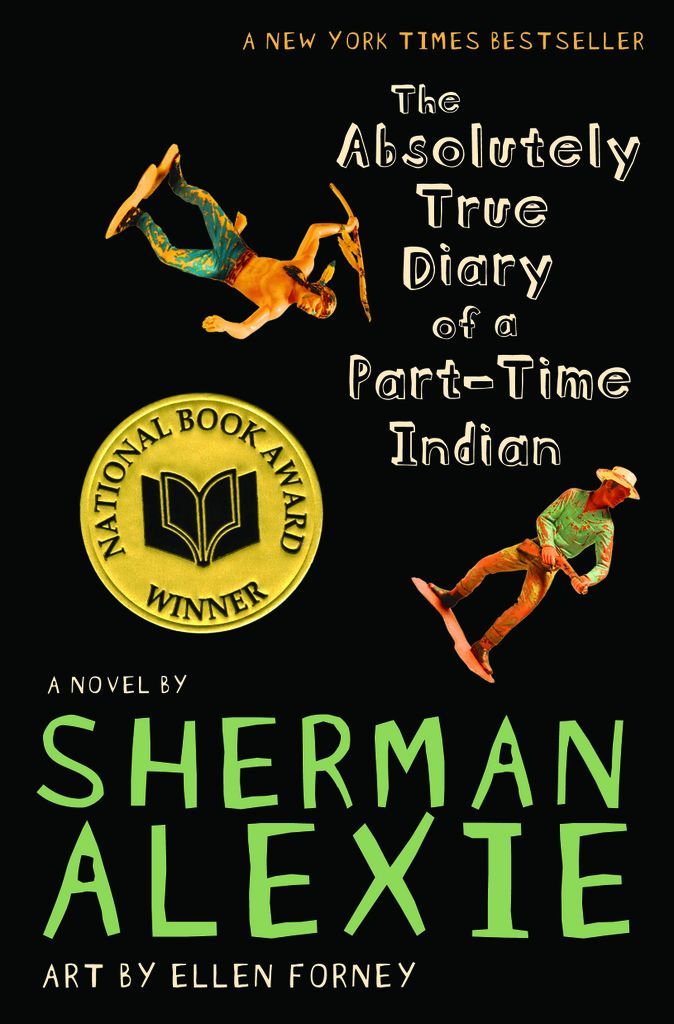
“I was born with water on the brain.”
This is such an honest start from the main character, especially for his age. We get the feeling right away that not only is this speaker unique, he feels the need to explain himself– define himself. At eight words, so much is provided here.
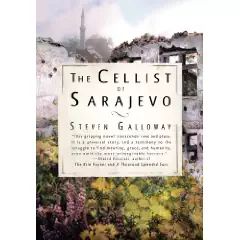
“It screamed downward, splitting air and sky without effort.”
This one is at nine words and does such an amazing job defining the incoming terror of attack as shown through a missile. This is such an intense choice– you’re immediately dropped into conflict and action.
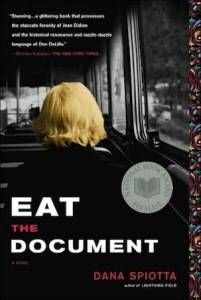
“It is easy for a life to become unblessed.”
With nine words for this one as well, there is not question that Spiotta’s character is going through the kind of transition she can’t control. And with the awesome title pushing this message in a different way, it’s hard to look away from the page after this. I am absolutely in love with the control of tone here.
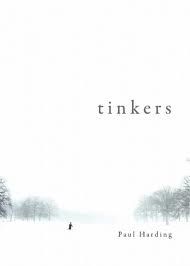
“George Washington Crosby began to hallucinate eight days before he died.”
This one is at eleven words, but that extra wording gives us emphasis on the character’s name. It is interesting that we get the whole name here, which has almost as much weight as the man’s oncoming fate. And it’s true that both the family behind the name and the consciousness of death is going to be important here.
Now a classic– if we look at Mrs. Dalloway by Virginia Woolf, you can see a first line that is weighted with a situation, but almost distracted by an everyday chore:
“Mrs. Dalloway said she would buy the flowers herself.”
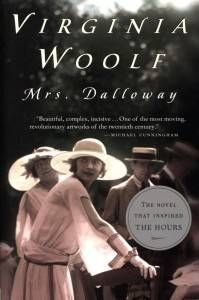
When I started writing this, I was certain I was in love with extremely short first lines, but I guess I was wrong about this since my average seems to run at 9. So now I’m on the lookout for shorter lines– ones at only five words or so– that can still provide so much about what’s about to come and the characters involved. Any ideas?














